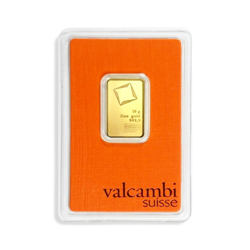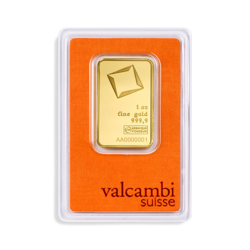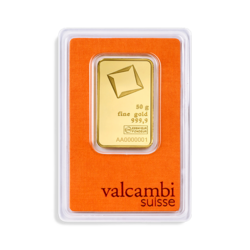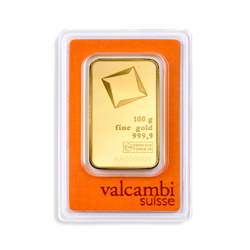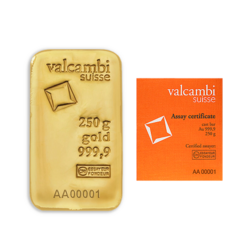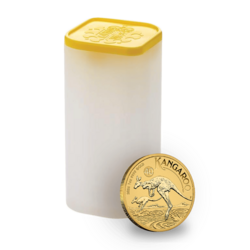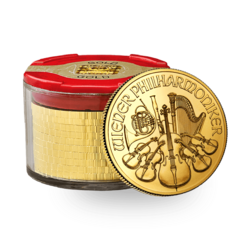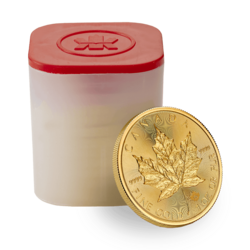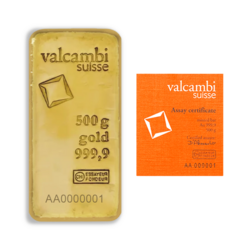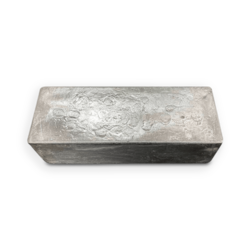After joining together three recent events, this is the question I’ve been asking myself.
1) The Swiss National Bank announced it was introducing negative interest rates (NIRP) on December 18, 2014.
This was done in order to hamper any defensive buying of Swiss francs by investors wishing to protect themselves from devaluation of their currency (the euro or the ruble, currently). Or more to the point, as regards the euro, to protect the 1.2 CHF for 1 euro floor price, so that the Swiss franc does not appreciate too much.
Perhaps the SNB knows a sovereign QE program is coming and is anticipating a run on the euro and a flight to the Swiss franc, which would break the “fixed” parity it is defending at high costs.
2) Mario Draghi seems ready to have the ECB directly buy sovereign debt Thus this decision by the SNB would have preceded the eventual announcement of a Sovereign QE program.
3) The CME, the American regulation agency, will implement new rules supposed to limit volatility on the precious metals prices starting Monday, December 22.
As soon as gold and silver prices fluctuate beyond a certain channel, the market will be halted for five minutes.
More precisely, when intra-day fluctuations will surpass $100 for gold and $3 for silver, the market will be halted for five minutes. These are 8% and 17% fluctuations, respectively.
This five-minute trading halt will probably be enough time for the “commercials” to exit their short positions on gold and silver.
It is interesting to note that these limits haven’t been put in place before by the CME, which would have limited volatility to the downside, especially for silver, that plunged dramatically on May 1st, 2011, and April 15, 2013.
So, either the CME has really decided to act as a regulator (these new rules apply also on the downside) or it expects strong volatility to the upside for precious metals and wishes to “control” prices beforehand, during and after a sovereign QE announcement.
The timing of those three events is interesting and it points to an announcement of a sovereign QE program soon.
As far as how a rapidly devaluating currency is faring, one just has to look at the ruble priced in gold.
A quick reminder: Russia has debt ratios and economic numbers that are much more reassuring than those of Europe... So a rapid devaluation of the euro could potentially very well happen too, following the announcement of a sovereign QE program.
Fabrice Drouin Ristori
Founder/CEO Goldbroker.com
Follow me on Twitter: @fabricedrouin
Reproduction, in whole or in part, is authorized as long as it includes all the text hyperlinks and a link back to the original source.
The information contained in this article is for information purposes only and does not constitute investment advice or a recommendation to buy or sell.




